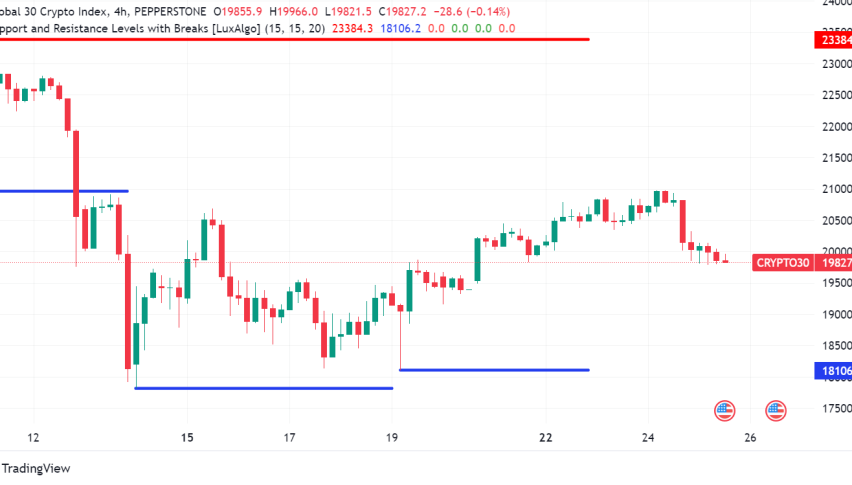BTC Heads to $20,000 – Is This A Crypto Retreat or A Crypto Reversal?
Cryptocurrencies were in a strong bearish trend for more than a year, which started in November 2021 and ended with the start of 2023, as digital coins made some strong gains for several weeks, with Bitcoin surging above $25,000. Although right now the trend reversal is not certain, after the retreat last week.
Bitcoin started to retreat after buyers failed to hold gains above $25,000 three times and last week the retreat picked up pace as indices fell and the USD strengthened. BTC hit a three-week low, dropping below $21,000, losing more than 10% since Monday. The drop in risk assets was triggered by a hawkish speech from FED chief Jerome Powell on Tuesday, which led to speculation about a 50-basis point rate hike later this month.
BTC/USD returned to the range of February lows, as the price fell to levels just below $20,000. If sellers manage to push the price below $20,000, it would be a strong signal for a move lower, since we haven’t seen a retreat below this level since the middle of January. However, in these situations, there is usually more buying at the end of the medium-term correction, and the bulls will only celebrate victory if the price stays/returns above $20,000.
We heard Nayib Bukele, the president of El Salvador state this week that the legalization of Bitcoin has boosted the country’s tourism sector by around 100%, which has improved the overall economy. Although, the recent sell-off has been triggered by the crisis at Silvergate Bank, which has led to concerns about a possible liquidity drain.
Additionally, there has been a sharp increase in expectations for higher interest rates from the Federal Reserve, which has contributed to more bearish sentiment in the crypto market. Besides that, the Public Company Accounting Oversight Board (PCAOB), an organization that keeps an eye on audits of public companies in the United States and is backed by the U.S. Securities and Exchange Commission (SEC), recently put out a warning to investors about proof-of-reserves reports that auditing firms send out.












